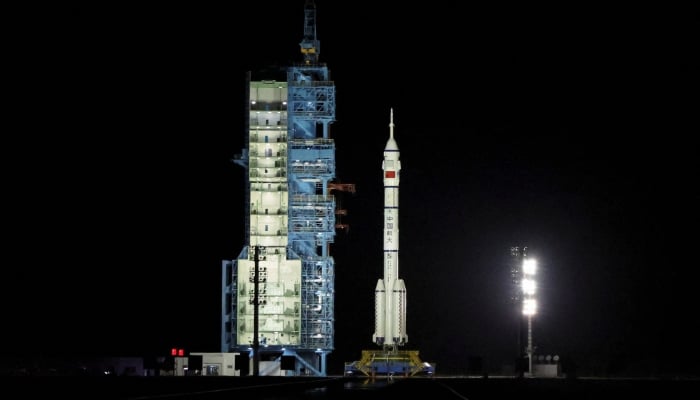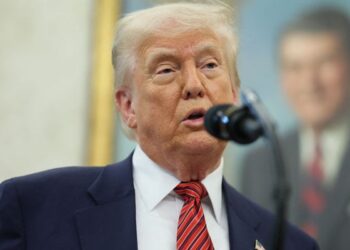
The China Manned Space Agency (CMSA) announced on Wednesday that they have begun the selection process for Pakistani astronauts following a partnership agreement signed between China and Pakistan in late February.
The selection procedure mirrors that of Chinese astronauts and consists of three stages: initial selection, secondary selection, and final selection.
The initial selection is taking place in Pakistan, while the secondary and final selections will be carried out in China, as stated by CMSA spokesperson Lin Xiqiang during a press conference at the Jiuquan Satellite Launch Center in northwest China.
Ultimately, two Pakistani astronauts will be chosen to undergo training in China, he explained.
As part of the mission plans for the China Space Station and its international cooperation efforts, one of the selected Pakistani astronauts will join a joint spaceflight mission as a payload specialist.
Alongside their regular team responsibilities, the astronaut will also manage scientific experiments on behalf of Pakistan.
Meanwhile, China is actively engaging with other nations about their astronauts participating in missions to the China Space Station, with more details expected to emerge soon.
This announcement coincides with China’s preparations for the upcoming Shenzhou-20 mission, scheduled to launch at 5:17 PM local time on Thursday, which will send three astronauts to the Tiangong space station.
The mission aims to facilitate crew rotation with the Shenzhou-19 team, who are set to return to the Dongfeng landing site on April 29, according to CMSA officials during a recent press briefing aired on CCTV.
Shenzhou-20
The Shenzhou-20 mission will launch from the Jiuquan Satellite Launch Center, carrying astronauts Chen Dong, Chen Zhongrui, and Wang Jie, as reported by CCTV.
This marks Chen Dong’s third flight, while it will be the debut mission for the other two astronauts, who are a space engineer and a former air force pilot.
They are tasked with conducting space science experiments, installing a device to protect against space debris, managing payloads and equipment during extravehicular activities, and performing tasks related to recovery.
The mission will also transport zebrafish, planarians, and streptomyces to conduct three life science experiments at the space station.
The crew is expected to return to Earth in late October, with resupply facilitated by the unmanned Tianzhou-9 cargo spacecraft.
The fourth group of astronauts, who will participate in Shenzhou missions, is currently in training and includes candidates from China’s special administrative regions of Hong Kong and Macau, as well as Pakistan.
Reports suggest that the astronauts from Hong Kong and Macau could embark on their first mission as early as 2026.
This revised content maintains the essence of the original text while ensuring it is unique and free from plagiarism.




